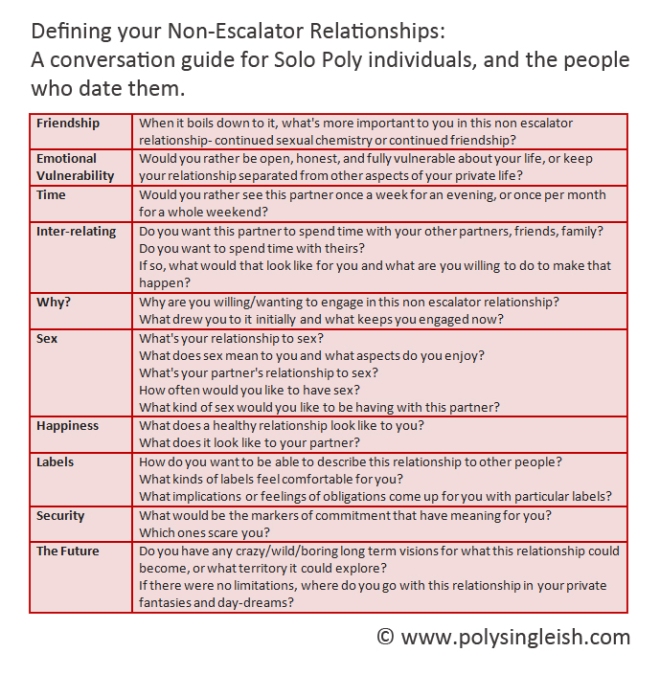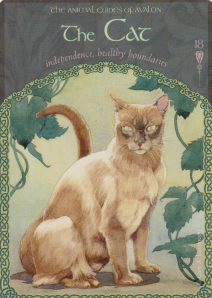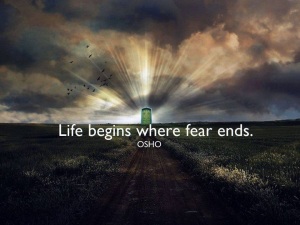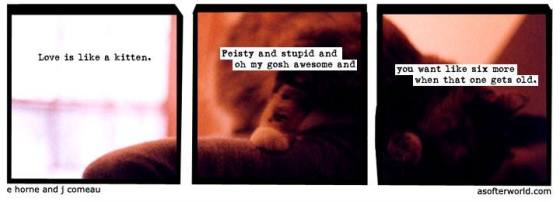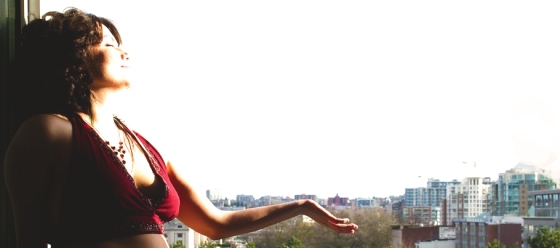EDIT: Since this post was originally published, the podcast referenced has been taken down. I include my copy of the transcript below in this post for readers to enjoy. I am no long associated with Ian Mackenzie in any form.
Three years ago I set out on a journey to explore my identity- I wanted to know who I was and what was going to work for me in relationships. I committed myself to a two year period of being Singleish, without a primary partner, and being Polyamorous, having multiple partners. Three years and thirty-nine lovers later, I have an identity- and it isn’t the one I started out with.

Every so often I get asked about the difference between Relationship Anarchy and Polyamory. To summarise very obtusely, the former is more of a philosophical approach to relating to people, whereas the latter is the label given to a particular form of Non Monogamy. Yet, in practice, they appear to have a lot of overlap. For me, the more I dive into exploring and examining what Relationship Anarchy is, the more I develop a love/hate relationship with the term “Polyamory”- adoration for the freedom it offers, and frustration at the limitation it can present with.
I can tell you what I believe to be true about Relationship Anarchy- it’s a philosophy that provides a construct for the most consensually-based relationships. Whereas the act of applying labels like ‘monogamy’, ‘primaried’, ‘polyamory’, and so forth, is about defining what we have with someone (sometimes with the belief that by defining something we preserve it, a notion I don’t personally buy into anymore), Relationship Anarchy is a conversation about, “Where are we right now?” and “Who are we today?” and “What’s real for us in this moment?”
I sat down recently with Ian Mackenzie to talk about the concepts of Relationship Anarchy, and the possibilities I feel it provides for whole communities, along with the opportunities for a new paradigm of relationshiping to emerge- one in which individualism and collectivism can once again be in harmony. This is a paradigm that I think goes a little deeper than the scope of Relationship Anarchy, and so I’m calling it- Relationship Radicalism.
I think that Radical Relating- and the evolution we are seeing within that- represents a powerful paradigm shift around the art of relationshiping. It isn’t relating for the sake of arriving at some fixed destination, nor is it a process of auditioning for particular roles one requires to be filled. Rather, it is relating for the sake of relating.
It is relating from a place of authenticity. It is relating in a way that both honors the needs, wants and desires of the individual, whilst seeking connection- and synergy- with a collective.
This is the paradigm I find growing in my own life, as I witness myself blossom into a multitude of deeply loving, evolving, embodied, long term relationships, both romantic and aromantic, sexual and platonic, with lovers, metamors, friendtimacies, and platonic friendships all occupying significant places in my life.

What I see coming in the not-too-distance future, both in my own life and in the communities around me, is something that is about much more than romantic, sexual, and intimate relationships; I feel that it provides possibilities for whole communities, and is independent of whether individuals are choosing monogamous or non-monogamous relationships. And, I’m excited to explore that together with some extraordinary people!
Transcript:
Mel: So Relationship Anarchy is an approach to relationship, it’s a philosophical mindset, it originated in Europe with the writings of a blogger called Andie Nordgen, but the principles of it are:
- Love is abundant and every relationship is unique
- Love and respect instead of entitlement
- find your core set of relationship values.
- Build for the unexpected
These are the core elements.
For me, Relationship Anarchy represents very much a consent based approach to relationships, so rather than saying “this is our relationship now” and giving it a label and then feeling that you are now obligated to meet the expectation of that label, it’s more an ongoing conversation- and so relationships can still happen, and they can change shape and form as time goes by- and it’s okay for them to do that.
You can have a plethora of close relationships, some that are sexually involved, some are emotionally involved, some are completely asexual and deeply platonic – and you’re not creating a hierarchy based on whether you are dating someone or not, based on whether you are sleeping with someone or not. Your friends are considered to be as equal as partners.
That’s my general summary of Relationship Anarchy!
Ian: I’d love to ask a few questions, and not necessarily connecting it to Tamera yet, but out of my curiosity, playing a devil’s advocate:
If someone says all relationships are considered equal, then how does one find the deep partnership that comes from living in, say, close proximity- maybe in a pair bond, maybe in a non-monogamous pair bond- but what is the danger of what cannot grow when there’s this non-hierarchical approach to all relationships? There’s something being sacrificed, that’s what I’m saying.
Mel: So maybe saying all relationships are equal is a little misleading. The approach I take to relationships is that we are all in relationship to everyone else. It is a question of whether we are aware of the relationship or not.
You and I have a relationship, we are friends, we have mutual friends, we are part of a close knit social group: so we have a relationship. That relationship between you and I exists as its own entity. We get to decide what that relationship becomes, just as two parents co-parenting a child might make decisions about their child. “It seems our kids is really into the arts, so let’s send them to some art workshops, lets invest in that for them” or “Our child really loves broccoli so let’s make sure our child eats broccoli.” We assess what our relationship is and what it needs in order to grow.
So in Relationship Anarchy, you’re looking at all your relationships in that way. As in, what’s authentic for this relationship? I think very often we follow default scripts about relationship cos that’s what we are given.
We get the scripts from hollywood, the media, scripts that our parent’s followed. You meet someone, and then you date them and move in and now you’re married- that’s it! You follow this script forever, on repeat. But with the Relationship Anarchy approach you are looking at:
What are the things I need, want, and desire?
What are the things you need, want, and desire?
And where does that overlap?
And where that overlaps, that’s where we get to explore engaging in relationship.
Does that make sense?
Ian: It does. I guess the troubled waters I anticipate,for a couple that has an ongoing relationship, how, in all types of open structures, and in things like monogamous structures, things like jealousy come up.
In a hierarchical structure there’s this artificial deference to someone who is higher in the hierarchy, which is because this person is a core partner or say primary, they’ll say well, you might have some beautiful relationship connection with someone else, but at the end of the day, because I’m primary, I need to be tended to more than these other relationships.
Mel: So the interesting thing with Relationship Anarchy is you can be a Relationship Anarchist, and also be monogamous.
Ian: And monogamy, are you talking more a sensual/sexual monogamy?
Mel: If it’s what makes sense for you in a relationship. If you’re like- wow, actually the flavor this relationship wants to embody is monogamy, you can choose monogamy in that relationship. Relationship Anarchy isn’t necessarily without hierarchy. There can be a hierarchy.
It’s not hierarchy in the way a lot of Poly writers talk about it where there is veto power; I think that’s different and getting into a power dynamic where third-parties have control over other relationships. I think you can have hierarchy in terms of priority. If you live with a partner, that’s going to demand a certain level of prioritising, in the decision making process, because if you want to have someone over for sleepover, well how is your partner going to feel about that?
If you are living with a partner you co-parent with, that again brings another layer of decision making in. Even if you are a single parent, that’s going to affect the way you prioritise your other relationships. The prioritising of things can change over time. If you have a long distance lover, when they come into town you’re going to prioritise time with them because you don’t see them very much, vs the live in partner you see every day.
Ian: The thing that struck me is, It sounds very similar, speaking to Boomers who lived through the first free love revolution or explosion, that there was this idea that free love is free from all types of someone else deciding what is and isn’t appropriate and in that sense it sounds similar to Relationship Anarchy.
But a lot of the critique that has flowered is: you do whatever you want, despite whatever the fall-out happens to be, and in many cases it was children being raised by parents who were barely acquaintances who had one passionate evening and all of a sudden were thrown in. There’s a lot of broken homes and this kind of sour taste in a lot of them I meet and say “We tried that and it didn’t work.”
I feel like this definition of Relationship Anarchy is different. It may have had roots in that kind of initial, rebellious adolescence of “I’ll do what I want. No one can tell me what to do.” but it seems like it’s grounded further in not just a philosophy, but in a radical beginner’s mind with every relationship you have.
Mel: Yeah, Relationship Anarchy has a strong emphasis on commitment, and your communication. So your commitments, you get to customize them. There’s a strong piece of integrity in there. I think that some people will hear “Relationship Anarchy” and interpret that to mean ‘Anarchy!’ ‘Chaos!’ ‘Haphazard!’ ‘We can do whatever we want!’ Kind of how you’re describing, ‘We can just be free!’
But you are not free from responsibility, you still have responsibility for your own actions. And this is why I say that Relationship Anarchy is a Consent Culture based approach to relationships, because in the work I do with Consent Culture, that’s about ongoing communication.
Just because you said yes to making out with someone last week, doesn’t mean you want to make out with them this week. So, not assuming that because a relationship existed before, that there was permission or a yes for something before, that you’re still going to have a yes for it now.
What I have observed with people who identify with Relationship Anarchy is that they are engaged in conversation about their relationship, ongoingly- which I think is very different from the monogamy paradigm I grew up with, and that you and I have talked about before. You grow up and you think “Okay I’ll be a successful grown up and do the marriage thing” and it kinda grows stale, and it feels very hard – and if you have to be talking about your relationship then somehow that means your relationship is broken and you failed and you did something wrong.
I see people being resistant to getting relationship coaching because there is this internal story about what that means. Whereas, in Relationship Anarchy you are constantly talking about your relationships- and, in Polyamory too, they say that everything boils down to more communication, being in a conversation and being able to step outside and come in from this meta space and talk about the relationship:
“I feel that in this part of our relationship, I’d like to have more sex” “Okay i’m fine with the sex we’re having.” And then you continue on the conversation. The conversation never stops.
Whereas, I think, in the traditional monogamy paradigm the conversation stops as soon as you say “I do”. And then the only conversation after that is logistics. Who’s doing the laundry? Who is taking out the recycling?
Ian: It strikes me that, and having come from that exact paradigm, the conversation that “I’m attracted to somebody else” is totally devastating to a traditional monogamous and non communicative couple because it taps into this core wounding, I think, of feeling ‘not special’.
If your primary has feelings or affection for someone else you must not be as special to them as you thought you were and everything else follows from that. And that’s not true; as soon as this is uncoupled, as soon as idea of uniqueness and specialness is decoupled from this idea of sexual fidelity, it’s just a completely different terrain that opens up.
I want to shift this over to Tamera. I do see some of this mapping on to what’s happening there. From what I saw, there were many in deep partnership, that we might even consider more traditional in terms of pair bonds living together, and some were practicing some forms of non-monogamy.
I would consider the dominant model I saw, from the lense of the individual, was very similar to Relationship Anarchy: people were encouraged to approach every relationship and every moment as it arose as ‘What’s the truth of this moment, what’s the truth of this connection right now?’ and a fearless willingness to say whatever might be present, even if it ends up being wrong. And so this whole idea of rejection and feeling, that “I got rejected” and all this kind of stuff that comes in the fear of making one’s self vulnerable in connection.
There, I saw this very kind of benign willingness to say, “Oh I’m feeling some erotic attraction to you right now would you like to explore this.” And the other might say “Actually I’m just enjoying this conversation and not feeling the need to move to that level” and it would be like “How wonderful.” It was just part of the fabric of the way the community moved and flowed.
The only thing that made this even possible was the structure of community.
And this is where I’m curious about Relationship Anarchy, as it is spoken about. In the things I’ve read so far, it’s a very Self-oriented path; in the descriptions I’ve read, it’s all built on the truth of the Self and then the truth and enacting one’s desire and there seems to be little talk of what does that mean for a community at large.
Where is the space for understanding the role of community and Relationship Anarchy?
Mel: Those are good questions. I’m really glad that you’re asking them. In what I’ve been studying and writing and learning and researching about, I’m seeing that we are on the cusp of diving into this in a big way. I love that Tamera is using Radical Honesty as part of their process, and I think that Radical Honesty is an amazing practice to embrace no matter your relationship style, with everybody, just acknowledging the truth of the moment.
So how does this translate into building a community if you don’t have an intentional community structure already in place? I have to go back to look at the way that society has evolved. Human beings are traditionally collective organisms. We like to live in groups and collective cultures are what we have all come from and there are many other cultures today that still function very strongly.
Latino culture is a collective culture. Asian culture is a collective culture. And by that I mean that your family is like a strong, almost tribe-like unit, and grandparents are respected, aunts and uncles are respected. You drop everything to help your family. Cos, why would you not do that?
In Western culture in the 20th century we have seen the evolution of Individualism. I think that’s had some great results and that’s also come with some adverse effects. The problem with collective culture is that we start following along with a tradition without it having truth for us.
So for example, in the Middle East, women traditionally covered their faces, when they were living in tribes wandering in the desert, because that’s how you protected the women from being stolen by other wandering tribesman. It was very much a part of women’s safety to cover up.
That’s now become ingrained as a cultural thing, and even though there is so much more in place, legally, to protect women’s rights, women are still expected to cover up in many parts of the Middle East.
That’s a small example of a collective culture rule, unspoken sometimes, that we have held onto that is no longer relevant.
So, Individualism has come in to these traditional collective cultures and gone, “Well, actually my truth is different from the paradigm that I’m living in.” So if we look at monogamy vs non-monogamy, my truth is that I don’t want to be monogamous, yet the world around me expects me to be monogamous. “Screw that I’m gonna do what I want.”
And we’ve done that now in many ways in the 20th and now 21st century. We see Individualism even in the way capitalism has come in. We have all this choice about what we can consume. Individualism has come in in political rights, you’re not just going to be voiceless, you have a voice. Individualism has become huge with the rise of social media – we all have the ability to be the stars of our own lives.
The downside of Individualism is that we have moved away from Collectivism to the extreme and this is why you have a lot of panicked Conservatives talking about “Oh you’re destroying family structure, we’re losing family values,” because they are seeing the selfishness of Individualism trump the vision of the community; so instead of serving the needs of the community, instead of serving the tribe, we are only serving ourselves.
So I think we are coming to a point of examining what’s true for our community.
The paradigm we have been living in is not working for us. Economically, socially, environmentally, socially, it’s not working, it’s not authentically serving our needs. So, what we all as individuals have to do is go “This is what I need want and desire. These are the things I need for my life to be joyful and happy. These are the things I want to do and develop with and grow. These are the things I desire and the people I want to be interacting with. These are the projects I want to see to fruition in the world.”
And we all need to get clear on that. Because when we are all clear then we get to see where the overlap is.
Each of us has the bubble of the things we desire and want and need. And we have to be clear as individuals what those things are. Wherever there is overlap with anybody else, that’s where relationships can grow and blossom. Now, we can do that on a one-on-one basis with people. We can do that friendship-wise, or romantically, or sexually. You can have those moments of radical honesty where it’s like “Oh I’m feeling sexual tension with you right now would you be interested in exploring that?” People can have an authentic conversation.
When you translate that level of authenticity into a bigger picture, even within our social group, there are situations where we’re going to put on an event, and we figure out what works for everyone, and we have to have amazing communication to do that, and we can only have that communication when we are being completely honest and have that radical honesty.
I’m really conscious as I’m speaking that this sounds really idealistic, and I recognise that. I recognise that it’s not something that’s going to happen overnight on a global scale.
However, I do think we are getting closer to it, because with the internet, with social media, with the speed we can communicate and process our ideas, the technology is there to help us see where that overlap is, i we are talking about big community projects. And I think that’s helping us to understand how we can communicate more in our relationships and our closer circle .
I definitely see a tribe evolving in my life of close friends, lovers, lover’s lovers, everyone kind of links around somehow. It’s quite exciting. There’s never a situation where everyone is hanging out at the same time, but pockets of us will hang out, and beautiful conversations happen, and everyone sees how they can work together.
Ian: Beautifully said. One of the things that strikes me about your description there too, is that we start to develop these constellation of relationships. Some interlock and some cross paths and some don’t. And the tension point, finding the balance seems to be between enacting one’s own desires and needs, what one wants to do in the world and how to be of service- and at the same time recognising there’s a potential for impact in the wider constellation: coming to that understanding, how do we balance now in the understanding that what we do affects far more than simply ourselves.
Mel: I think there’s a shift in awareness, to be conscious of the ‘tensegrity’ of relationships. So, tensegrity being a concept that Buckminster Fuller explored about creating physical structures, how everything is equally reliant on every other part- and I see relationships evolving in a similar way.
We’re not codependent on one another, it’s not like two cards leaning on eachother and if one gets knocked over, everything’s going to fall apart- but we exist as parts of a greater whole, and we all play a role in that, and our own personal integrity is key in creating integrity within the community.
We have constellations we may be part of, and we may be part of several constellations, and then we become a link between them.
Ian: It feels like the other missing piece for a properly functioning constellation or community is a shared vision, a shared understanding of what is this all for.
Tamera articulates this very beautifully. They began the late sixties on the backs of activist student movement against the State and the powers-that-be, and then they fell back into deeper understanding of “Well, we can’t fight the system we have to have alternatives,” and then proceeded to experiment- and one of those experiments became Tamera.
Right from the get-go, they understood that interpersonal conflict was at the core of so many of these communities that ended up failing, because of these questions around love and sexuality and partnership, and the lack of spaces for communication and for real trust to build between people.
I think that because they started there, I think it’s no surprise that they were able to build something on top of that, and this to me is why a lot of the conversation around relationship forms are in fact somewhat premature.
I think for people to go right into a non-monogamous structure, any couple going from a traditional monogamous partnership into an open structure- that transition is one of the hardest to make, because there is so much that gets broken, from everything that they thought they were as a couple, and it can be hard to reconstruct- or it’s probably better said that they they have to come together now in it pretty much a new relationship, not a mutated form of the previous one. In many ways it has to be grieved and let go of to come together in a different way
Mel: I’ve seen couples do that successfully. We don’t hear about it because they’re not the one’s posting for help on Poly forums.
You ask the question of, looking at the evolution of these communities, people asking “What is it all for?”
One of the things I found is key for successful long-term relationship is having a shared vision.
One of my partners, he and his wife have known eachother for almost 20 years, they’ve been married for 10 years, they’ve had an open relationship for those full ten years, and they have a common vision for their relationship that isn’t just about “We’re going to raise our child and have a house,” and all that.
Their common vision is: Our Relationship is here so we can share our Love with others and our Community. And they do that in a myriad of ways. They do that, I mean physically they have other partners, they open their homes entertain their friends, they will cook for friends, they will feed people at festivals, they have all these different ways of expressing their love with their community- and that draws them back to their core, that’s the core founding value in their relationship, or at least one of their core founding values.
And I think of that translated to communities- What is our core vision, what is it that we are seeking to build?
I think that a lot of people engage in relationships inauthentically. We engage in relationships coming from a space of “I feel obligated that I have to do this.”
I see this in my life now, working as a matchmaker for monogamous people. There’s a huge pressure that people put on themselves about having partnership. That people feel invalid or not as you accepted as a human being if they are single or divorced or without someone on their arm, and I think that something similar happens when people start to explore non-monogamy. They feel this pressure- “Oh, I can’t actually be really Poly unless I have lots of relationships,” and so you end up with these ‘poly-filla’ relationships, where it’s like “I’m going to date all the people just because I can date all the people.”
But it’s not necessarily coming from a space of full authenticity. Yes, maybe there is chemistry there, and maybe the chemistry leads to a couple of really fun nights, but that doesn’t necessarily mean you have to date.
Finding the space to be okay with that, and that that doesn’t make you a bad person if you don’t call them again or you don’t hang out again or don’t have sex again… people engage in relationships in inauthentic ways, regardless of their relationship style. What’s interesting is getting in touch with our own authenticity about that. And you have to figure out, it goes back again to figuring out what you need, want and desire. And then being really authentic with yourself and allowing yourself to be authentic with others around you.
And it is one of those things where the change starts with us. We all have to make that change individually in order for that to grow and ripple through in our communities.
Ian: Tamera has another imperative that they offer as guidance to all types of connections- they said they don’t make a story about it if there is none. They really speak to this idea that so much of contact has to come, has to almost reverse justify itself because of the baggage of previous understanding of love and partnership and sexuality, you have to like reverse justify something to make it ‘meaningful’ without actually letting t it be what it is
Mel: And well stories are great. As human beings we are addicted to stories, we make up stories about things all the time. Stories can be great as learning parables, but they can totally trap us into places that are not authentic. I think it’s fantastic they have that.
Ian: And the other piece, it struck me, and this is inspired by one of my other teachers, Stephen Jenkinson, that so much partnership is entered into inauthentically because a crucial piece is missing for so many- the ability to be lonely, without having to rush out and fill it, as a way of not becoming intimate with that feeling, not lonely as a sourful thing, but that part of the human existence is being intimate with loneliness without having to fill it.
Mel: I resonate with that quite strongly. When my marriage ended I kinda fell into some ‘pokemoning’ in my relationships and trying to date all the people- gotta catch them all!
I realised that I needed to have more alone time, and that led me to embrace the path of Solo Polyamory, where I really value my solo time. That was not easy, that was really not easy to find that, and there’s still times when it’s like “Oh I am so frickin lonely right now!”
Yet, with that ability to be comfortable with loneliness, you end up finding a more loving space in your Self, I think. And, you stop objectifying people as simply there to meet your needs.
I think when we are looking at other people as simply the means to get our needs met, we’re not really treating them as human beings, and then that’s not a space of authenticity.
So finding that space of peace with loneliness, being at home with loneliness is an important component in developing a more compassionate approach to living, and relating.
Ian: Well I’d love to share, in the spirit of what i think all this Relationship Anarchy, and certainly what Tamera is doing, is I think pointing towards, and what has been called many things but I’m currently calling The New Story of Love, which we are exploring in our film the Healing of Love, and was what we went to Tamera to explore.
I came across a long time member of the community and his partner, and they replaced the wedding vows for them in this marriage ceremony they did, but they are so different from any marriage vows that I’ve ever seen that I think I would like to share them here.
They call them, instead of marriage vows, they say “Five Ethical Guidelines for Eternal Friendship”:
- Our friendship is based on the mutual acceptance of and support for our sexual nature and its freedom.
- Our marriage means no claim to partnership; it is an act of friendship and solidarity.
- Our contact is anchored in community. If we at any point become entangled in old.
morphogenetic fields of marriage, we will not try to solve it between just us two, but will seek the support of the community.
- It is not a closed couple relationship, but a basis for our love to expand; the marriage is by no means a restriction to any other love.
- We commit for a common path of learning love, mutual support, and collaboration for a future without war.
I feel like if that is what a relationship can strive to be, and be anything, have any of those, that’s certainly a worthy orientation.
Mel: That’s really powerful.
I can speak to my own truth about a few things. I find it very interesting that in terms of polyamory there is a shift in and focus right now
We have seen this happening with more awareness about Solo Polyamory and about Relationship Anarchy. Some Polyamorists are identifying as Relationship Anarchists now, even people like Deborah Anapol, who is one of the early writers about polyamory, is saying “I’m a Relationship Anarchist!”
I’m really excited to see how these ideas are going to continue to evolve in the group consciousness and I’m thrilled to be part of that process.
I don’t feel that Relationship Anarchy is the ultimate label for myself. I think that where I’m moving to is a space of what I’m calling “Relationship Radical”, cos it’s not just about my romantic relationships, it’s about my friendships as well- that is, it is about how I’m choosing to relate to every single person.
I think that a lot of people identifying to this kind of thing for a long time and I’m get the impression that I’m not alone. We’re starting to see beyond the little confines of our personal bubbles of community and making connections with more people across the world and we can feel close to them even though we’ve never met in person.
I don’t feel that we’re going to turn the whole world Polyamorous, I think that would be a really bad idea, and I never want to be one of those people who says “Monogamy is bad and we should all be Poly!”
What I’m really excited about is people embracing different paradigms and finding what works for them authentically.
I’ve talked with a lot of people who have explored polyamory and then decided it wasn’t for them and gone back to monogamy- and they have said that when they have done that they’ve gone in with a fresh perspective. They’re not just trying to carbon-copy that parent’s approach to monogamy, they are taking their own radical approach to it.
And I think that rather than focusing the conversation on whether you’re polyamorous or monogamous or open or not, where we’re going to see the biggest change is people just embracing that level of radicalism .
You know, with marriage laws changing in the States now, I don’t think Poly Marriage is going to happen. What I think what we are going to see happen is things like, being able to bring your friends in as family and have that legally recognised- because I think it’s ridiculous that family is decided by genetic relationship, legal adoption, and who you fuck.
Having family be defined by our conscious choice of who we want to have as family- I think that’s going to be one of the next steps that we see.
Ian: That’s beautiful, and I feel like it’s really complimented by my level of inquiry, which is really on the role of the Village on holding all these types of relationships forms, and also how do we create those faces of Truth in community that becomes a type of maintenance really for the proper functioning of these constellations, and I’ve already been actually experimenting with some of the technologies, the social technologies that Tamera has developed back here on Salt Spring, to some pretty incredible results.
It’s very promising actually. I can envision that these types of circles of truth and witnessing and being seen by community, should become a natural part of our human lives, that in many ways is the antidote to the loneliness that so much was feel, you know, being awash in choices that ultimately give us this impression of being in control of our destinies, that we are the master of them, when really,what so much of us want is to be embedded and be seen by others in a way that lets us truly be who we are and express our gifts and to be of service.
Mel: That’s amazing, and I think that as we develop more technology to allow us to connect in that way, we’re going to see that global community come together.
I see it being an admin for the Solo Polyamory group on facebook, which is 2500 members around the world. That’s a space where people get to come together and be authentic. And there’s a camaraderie between us, even though we haven’t all met.
And I think that the village you talk about, it doesn’t have to be like in one physical place. That Village is the Global Village; we are constellations of like-minded beings, and we may be in all these different parts of the world- but we are working towards something in common. I think it’s incredibly exciting that we have a technology that can help us keep up with that now. I’m really excited to see how this is going to evolve in the next five to ten years.



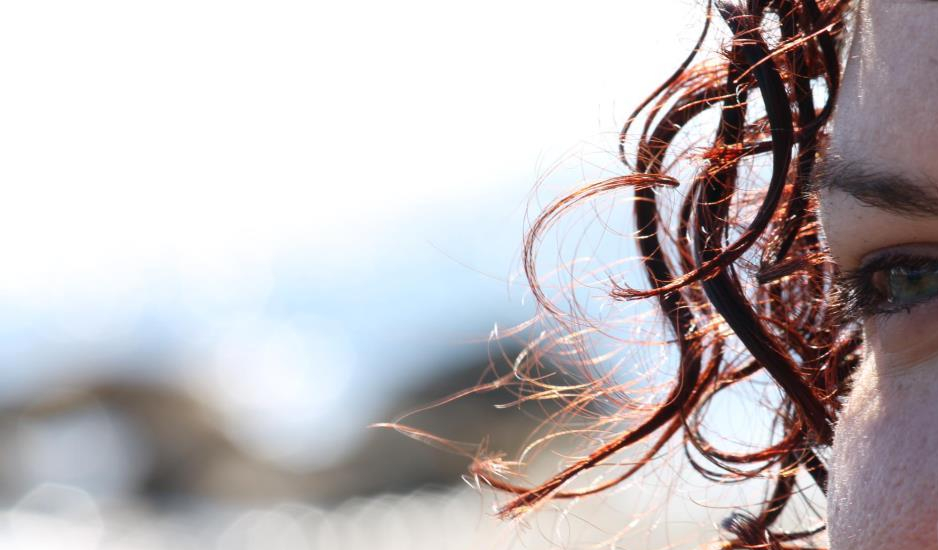


 Muktananda was a controversial figure, who had a profound affect on many lives, my own included. My mother met him in the 1970s and became his student. He was an Indian Guru, a teacher of yoga philosophy and spirituality, who toured the world with an entourage of swamis and lay-teachers, establishing ashrams and meditation centers wherever they went. It was at one of these ashrams that my parents were married, and where I had many of my formative spiritual experiences as a youngster and teen. It was at another of these ashrams that I met my future ex-husband. Muktananda— or Baba, as he was affectionately called— and his teachings, have been a huge influence on my life.
Muktananda was a controversial figure, who had a profound affect on many lives, my own included. My mother met him in the 1970s and became his student. He was an Indian Guru, a teacher of yoga philosophy and spirituality, who toured the world with an entourage of swamis and lay-teachers, establishing ashrams and meditation centers wherever they went. It was at one of these ashrams that my parents were married, and where I had many of my formative spiritual experiences as a youngster and teen. It was at another of these ashrams that I met my future ex-husband. Muktananda— or Baba, as he was affectionately called— and his teachings, have been a huge influence on my life. As a relationship coach, so often I see people caught in dynamics where they feel trapped or limited as a result of surrendering their self relationship over to the partnership in their lives. A lot of the work I do is centered around supporting my clients to reconnect with their own needs, wants, and desires, and empowering them to find the blissful freedom that is possible when they can prioritise themselves as an act of self love, so that when they go to care for others, they do so with a full cup.
As a relationship coach, so often I see people caught in dynamics where they feel trapped or limited as a result of surrendering their self relationship over to the partnership in their lives. A lot of the work I do is centered around supporting my clients to reconnect with their own needs, wants, and desires, and empowering them to find the blissful freedom that is possible when they can prioritise themselves as an act of self love, so that when they go to care for others, they do so with a full cup.
 When’s the last time you had sex?
When’s the last time you had sex?
 I won’t ever be able to talk publicly about some parts of my personal journey, and the challenges therein. Suffice to say that those specific things (servant leadership, consent culture, empowering individuals within community) reflect values core to who I am, but are also values which have been called into question in the past. To hear that positive reflection from someone I so greatly admire, and to see the resonance with others around the room- that’s a moment I’d like to dip into again and again and again.
I won’t ever be able to talk publicly about some parts of my personal journey, and the challenges therein. Suffice to say that those specific things (servant leadership, consent culture, empowering individuals within community) reflect values core to who I am, but are also values which have been called into question in the past. To hear that positive reflection from someone I so greatly admire, and to see the resonance with others around the room- that’s a moment I’d like to dip into again and again and again.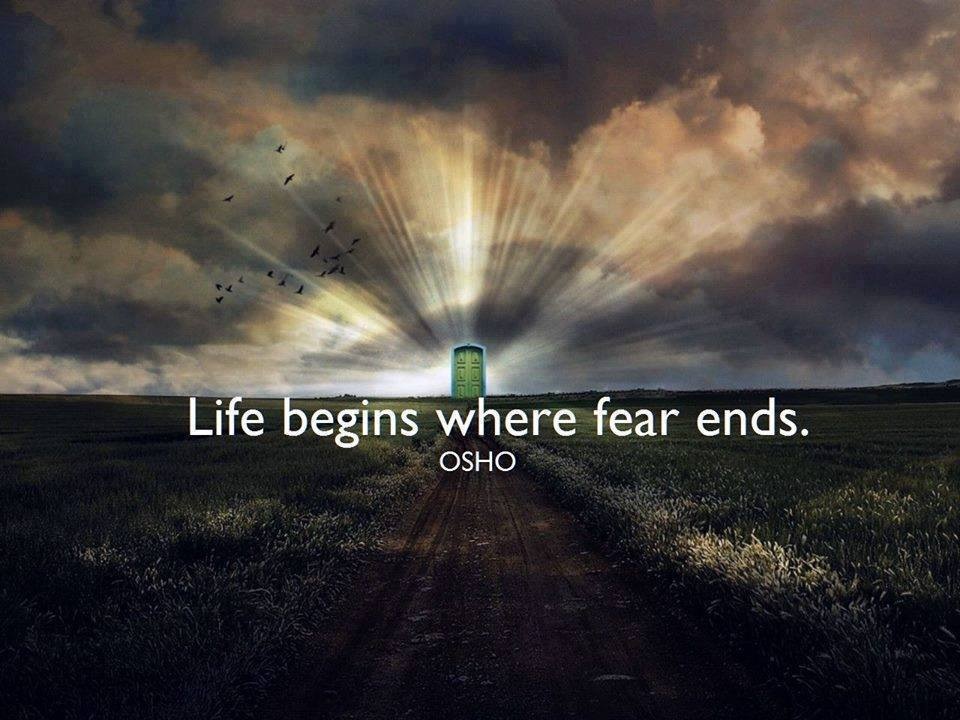

 A big part of my journey in Solo Polyamory has been in seeking out that community and looking for ways to meet that need outside of an escalator relationship. The plural nature of polyamory lends itself well to this- at first glance, at least- with all the interconnected relations and interweaving of people. I, like many, have found myself at times falling into that old trope of “You’re poly, I’m poly, we have so much in common!” We don’t always choose the best family.
A big part of my journey in Solo Polyamory has been in seeking out that community and looking for ways to meet that need outside of an escalator relationship. The plural nature of polyamory lends itself well to this- at first glance, at least- with all the interconnected relations and interweaving of people. I, like many, have found myself at times falling into that old trope of “You’re poly, I’m poly, we have so much in common!” We don’t always choose the best family.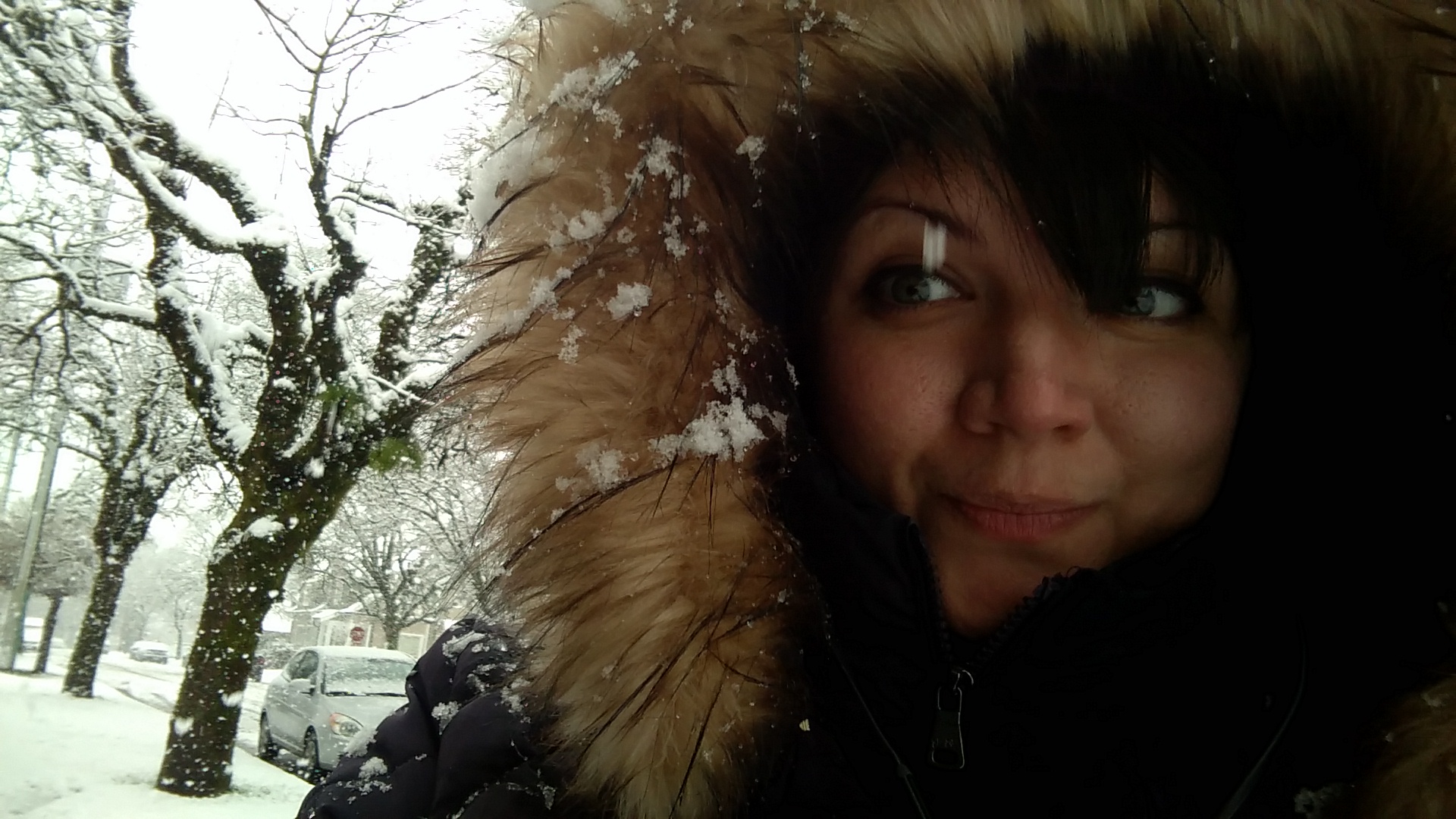 This year so far has seen me diving into deep introspection around this. The cocooning winter hibernation has provided the perfect space for grounding into a deeper understanding of my self and what I need. I am someone who hasn’t experienced much security in my adult life, and many relationships- both romantic and social- have been ones that I’ve engaged in in part as a survival strategy, to build networks wherein I might find a safety net. And when I’ve found a dynamic that feels good, I’ve leaned in heavily, perhaps too much at times, in search of that security I crave.
This year so far has seen me diving into deep introspection around this. The cocooning winter hibernation has provided the perfect space for grounding into a deeper understanding of my self and what I need. I am someone who hasn’t experienced much security in my adult life, and many relationships- both romantic and social- have been ones that I’ve engaged in in part as a survival strategy, to build networks wherein I might find a safety net. And when I’ve found a dynamic that feels good, I’ve leaned in heavily, perhaps too much at times, in search of that security I crave. Signs this relationship dynamic might currently be Draining for me:
Signs this relationship dynamic might currently be Draining for me: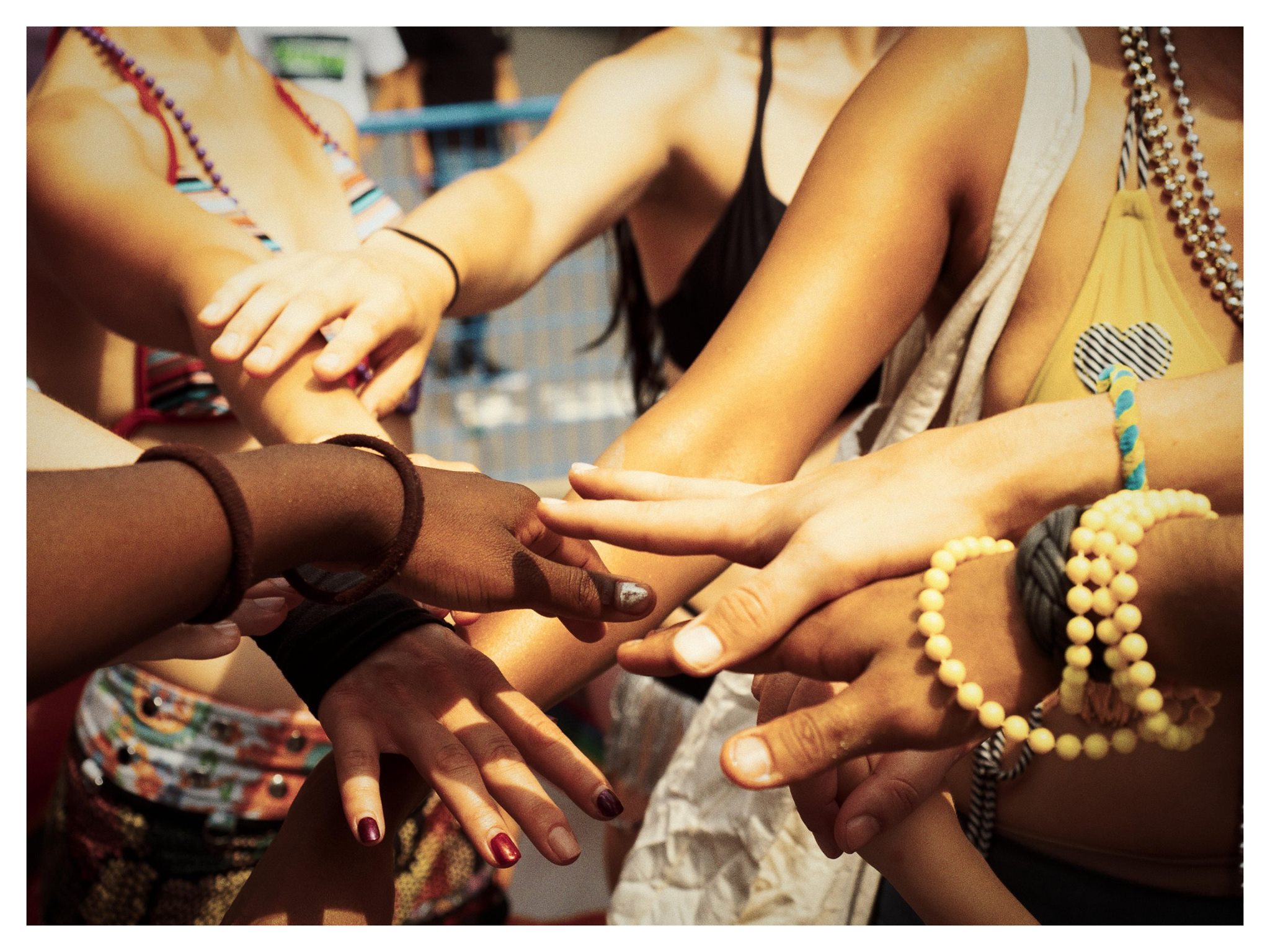

 As I watched Bridget progress through pregnancy, uncertain of who the father was, I saw the new paradigm begin to shine through. I saw a portrayal of two men in competition for a woman grow kinship instead of rivalry, and even express compersion in the midst of jealousy. I watched an exploration of the possibility of non-traditional family, and I smiled because Bridget beamed as she watched the two men become the closest of friends.
As I watched Bridget progress through pregnancy, uncertain of who the father was, I saw the new paradigm begin to shine through. I saw a portrayal of two men in competition for a woman grow kinship instead of rivalry, and even express compersion in the midst of jealousy. I watched an exploration of the possibility of non-traditional family, and I smiled because Bridget beamed as she watched the two men become the closest of friends.
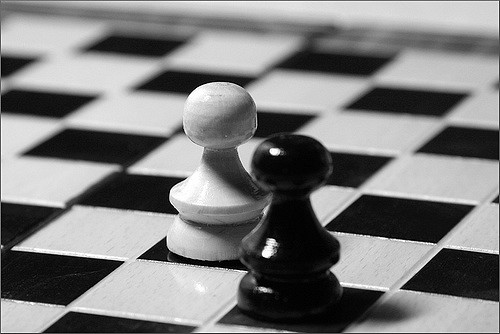 I tolerate the effect it has on me. I tolerate the terror that bubbles up when I try to express my sexuality with women, a fear that causes me to freeze from the inside out. I tolerate that second-guessing in my head every time someone gives me a compliment about who I am or what I do. I tolerate fear living inside of me — fear that the ones who gaslight me are right.
I tolerate the effect it has on me. I tolerate the terror that bubbles up when I try to express my sexuality with women, a fear that causes me to freeze from the inside out. I tolerate that second-guessing in my head every time someone gives me a compliment about who I am or what I do. I tolerate fear living inside of me — fear that the ones who gaslight me are right.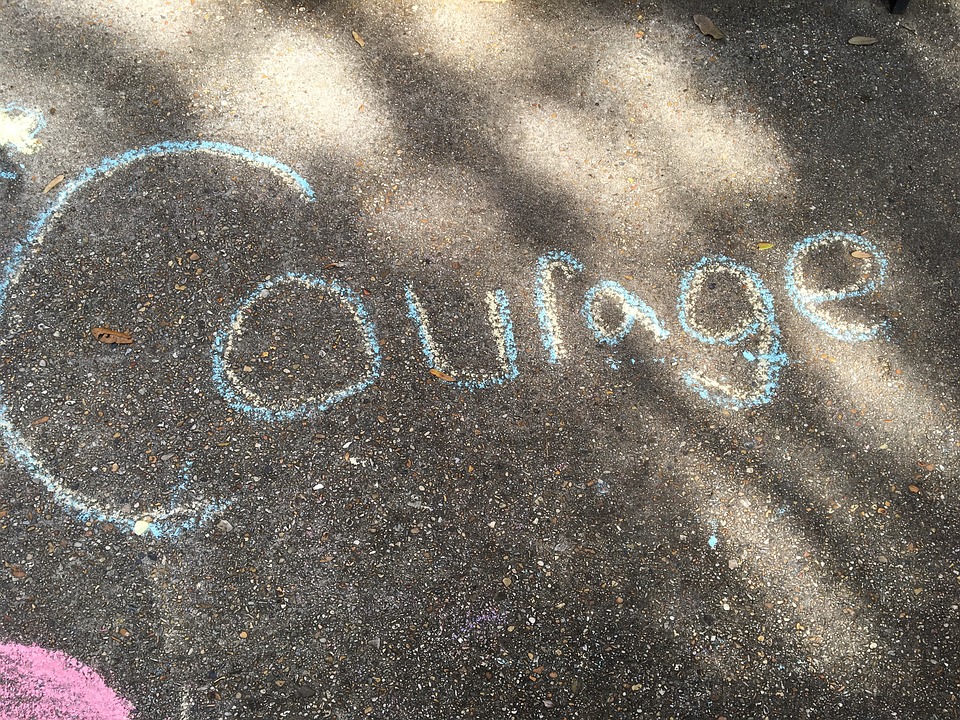 In gratitude, I work with therapists, bodyworkers, sexological workers, somatic healers, and more. I float. I begin to feel safer in my body, comfortable again in my own skin. The nightmares no longer wake me at night. I can relax in both solitude and company.
In gratitude, I work with therapists, bodyworkers, sexological workers, somatic healers, and more. I float. I begin to feel safer in my body, comfortable again in my own skin. The nightmares no longer wake me at night. I can relax in both solitude and company.

 There are many things I miss about being ‘coupled’, many moments I wish I had a nesting or primary-like partner: when I want to check in about someone new I’m seeing, or need to talk about something I’ve experienced. There is absolutely a void there, one that I seek to fill through my friendships, and by gently inviting partners into that space as our relationships allow.
There are many things I miss about being ‘coupled’, many moments I wish I had a nesting or primary-like partner: when I want to check in about someone new I’m seeing, or need to talk about something I’ve experienced. There is absolutely a void there, one that I seek to fill through my friendships, and by gently inviting partners into that space as our relationships allow. A few months ago I started doing work with a coach, examining archetypal energies, looking at past traumas, approaching his work on an energetic and experiential level. When we were looking at my archetypes, one that stood out, was the Harlot
A few months ago I started doing work with a coach, examining archetypal energies, looking at past traumas, approaching his work on an energetic and experiential level. When we were looking at my archetypes, one that stood out, was the Harlot
 The desire to not have children, for me, is not just from my own miscarriages, but also arises when I see dear friends surrendering dreams to their children to make manifest for them, some two decades from now. While my desire to be unshackled by legal wedlock was born from seven years living in default monogamy and sinking into co-dependance within that, the commitment to stay unwed and without bearing children of my own has grown from a very real desire to focus my energy and time on other endeavours.
The desire to not have children, for me, is not just from my own miscarriages, but also arises when I see dear friends surrendering dreams to their children to make manifest for them, some two decades from now. While my desire to be unshackled by legal wedlock was born from seven years living in default monogamy and sinking into co-dependance within that, the commitment to stay unwed and without bearing children of my own has grown from a very real desire to focus my energy and time on other endeavours.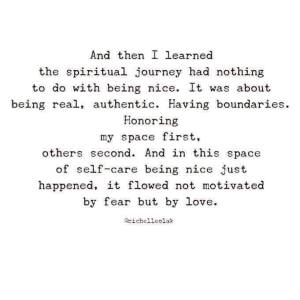

 I’ve noticed a trend when relationships hit rocky waters: we can confuse the need for individual sovereignty with selfishness, and relationships that put individual needs of one person over another can grow dysfunctional. Likewise, sometimes individuals shirk responsibility for their participation in another person’s emotional state. When that happens, I think there’s a repression of empathy and compassion, which ends up perpetuating internalised stories around scarcity, othering, duality, and disconnection. And, on the flip-side of that, Individuals who take on responsibility for another person’s emotional state are effectively engaging in a form of self-repression, where their own state is ignored and they become energetically subservient to another’s projections of them.
I’ve noticed a trend when relationships hit rocky waters: we can confuse the need for individual sovereignty with selfishness, and relationships that put individual needs of one person over another can grow dysfunctional. Likewise, sometimes individuals shirk responsibility for their participation in another person’s emotional state. When that happens, I think there’s a repression of empathy and compassion, which ends up perpetuating internalised stories around scarcity, othering, duality, and disconnection. And, on the flip-side of that, Individuals who take on responsibility for another person’s emotional state are effectively engaging in a form of self-repression, where their own state is ignored and they become energetically subservient to another’s projections of them.
